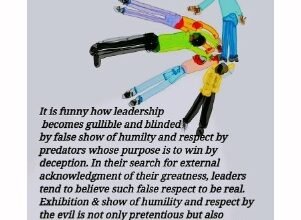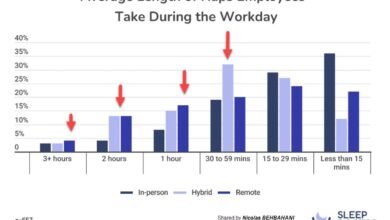Perceived Overqualification had a negative indirect effect on task performance and employee Creativity but Leadership behavior can change it!

By | Nicolas BEHBAHANI | Global People Analytics Leader @ Future of Work | Leading Global HR Analytics, Driving Business Growth
💡Approximately 20% of employees feel overqualified for their present jobs.
While we are talking about skills shortages or employee engagement, an important element exists in the global workplace but which we do not talk about enough and is also a cause of attrition: the Overqualification of certain employees
Employees react to perceived overqualification in two different ways : First in a defense and second in a coping tacticand that this dual path model explained both positive and negative effects of perceived overqualification on task performance and employee creativity.
👉 Cynicism toward the job (i.e., a defense pathway) significantly mediates the negative effectof perceived overqualification on task performance and employee creativity,
Perceived organizational support and mentoring complement the effect of perceived overqualification on employee creativity, according to a new interesting research published in Human Resource Management Journal by a team of Chinese researchers using data 📊from 469 employees and their 135 supervisors via two-wave surveys working in 30 organizations located in China.
✅What exactly is perceived Overqualification?

Researchers defined Perceived overqualification as a situation where an employee’s qualifications (i.e., education, skills, and work experience) exceed the requirements of his/her job. This is a widespread phenomenon in a job market today.
Researchers used a dual-focused transformational leadership (TFL) to examine the perceived overqualification effects.






